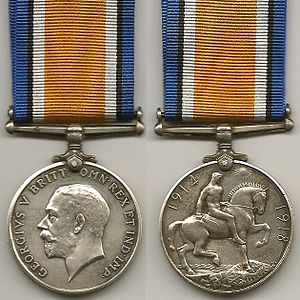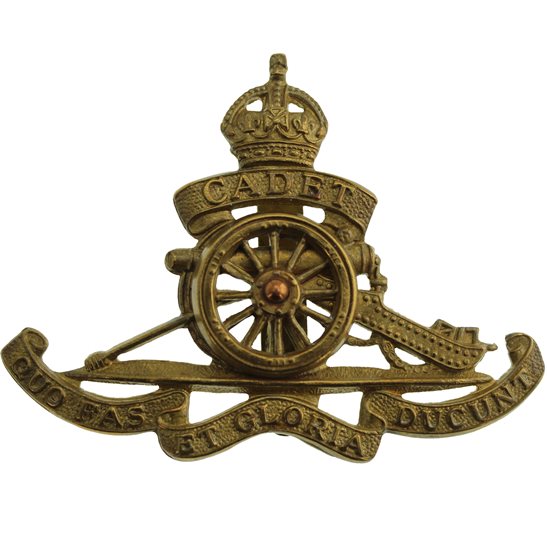Personal Details
Born: 25 July 1880 in Whitchurch, Shropshire and baptised on 13 August the same year in St. Alkmund’s Parish Church, Whitchurch.
Family: He was the third of four children born to John Williams, a gardener, and his wife Ann. He married Sarah Elizabeth Groom on 26 April 1905 at the Church of our Saviour, Highgate, Whitchurch; no children can be traced for the marriage.
Residence: At the time of his baptism, his family were living in Chester Road, Whitchurch; they continued to live there, initially at number 39 and in 1901 at number 31. In 1911 he lived at 81 Alkington Road, Whitchurch where he continued to live until his death in 1967.
Employment: In 1901 he was a saddler’s apprentice; in 1911 he was a harness maker. In 1939 he was an insurance agent.
Died: 23 March 1967 in Whitchurch, aged 86, and was buried on 28 March the same year in Whitchurch cemetery.
Military Details
Regiment: Royal Field Artillery
Rank: Driver
Service Number: 213809
Date of Enlistment: 1 December 1915
Date of Discharge: 1 September 1919
Reason for Discharge: Demobilisation
Henry was awarded the British War Medal.

The British War Medal (also known as 'Squeak') was a silver or bronze medal awarded to officers and men of the British and Imperial Forces who either entered a theatre of war or entered service overseas between 5th August 1914 and 11th November 1918 inclusive. This was later extended to services in Russia, Siberia and some other areas in 1919 and 1920. Approximately 6.5 million British War Medals were issued. Approximately 6.4 million of these were the silver versions of this medal. Around 110,000 of a bronze version were issued mainly to Chinese, Maltese and Indian Labour Corps. The front (obv or obverse) of the medal depicts the head of George V. The recipient's service number, rank, name and unit was impressed on the rim.

